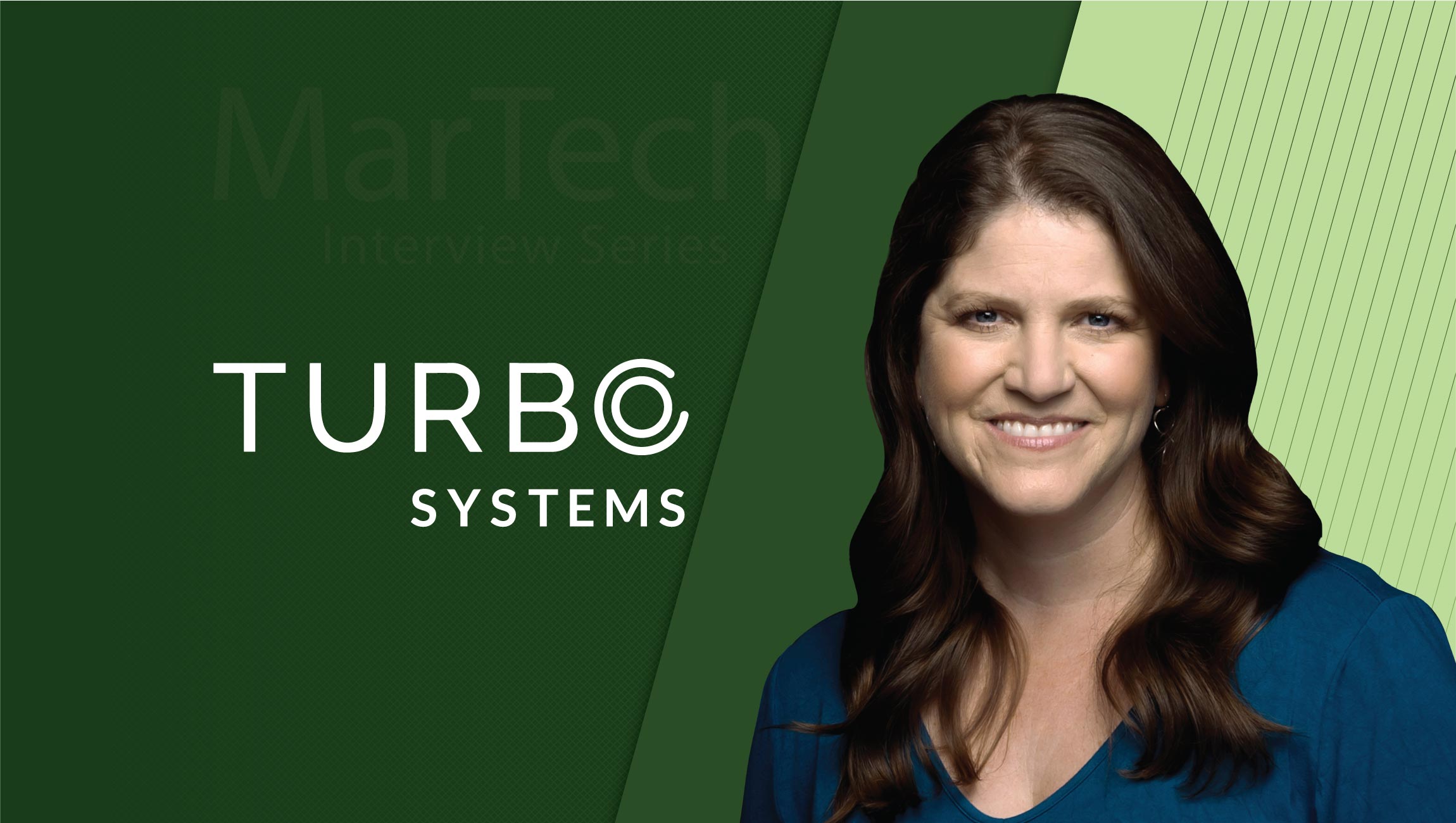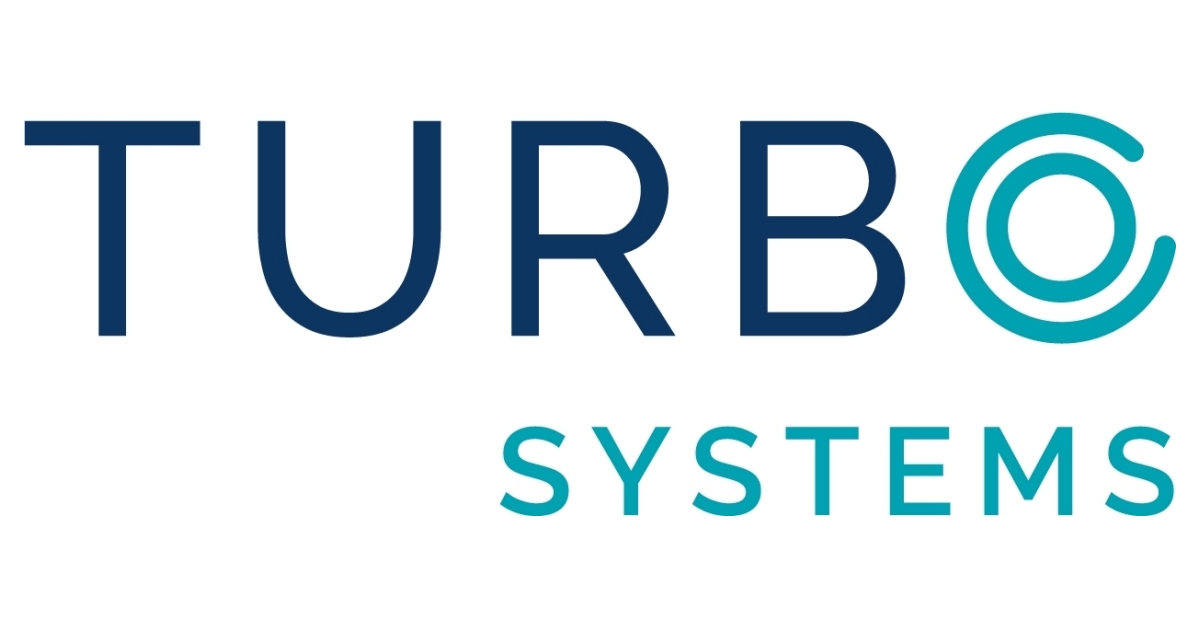“We believe that great people can live anywhere in the world. So we have made it a part of our DNA to hire in multiple parts of the world.”
[/vc_wp_text]
Hi Jen, tell us about your journey into technology and how you arrived at Turbo Systems.
I spent the last 20 years building Enterprise Software companies from the ground-up and taking multiple companies to over a billion-dollar valuation. As CMO, I led Looker’s Marketing until the $2.6B acquisition by Google in 2019, led the rebrand of Elastic and built the team that took the company public for $2.4B in 2018, and grew Box from a small start-up to an industry-leading enterprise content company with a $1.7B IPO in 2015.
When I first met Hari Subramanian, it was clear that we have the perfect complimentary skills to build the next billion-dollar company. Hari is a brilliant Product and Engineering leader who founded Turbo. He spent 15 years building ServiceMax as Co-founder and CTO and deeply understand Field Service companies and what they need.
Once I saw the product, its platform, and extensibility, and met some of the customers who are championing the product already, it was clear that it was a perfect fit.
As the CEO of a Mobile App tech company, tell us about your vision and how you work toward achieving it.
Turbo is a no-code platform to build enterprise-class apps that sit on top of your existing systems. What we’ve seen, especially in this current crisis, is that companies need software that is easy to use and deploy, and — most importantly — flexible to the constant change they are seeing in their business. They often have 100s if not 1000s of technology solutions in place that have already cost millions to deploy and maintain. So Turbo offers a platform where businesses can pick an app or build their own app for whatever they need to get done. These apps can address complex workflows to something as simple as data entry, connecting to the data in the systems their business already uses.
Our strategy is to focus our go-to-market efforts in the Field Service industry. With the ubiquity of mobile devices, technicians in the field can easily take advantage of apps — such as a work order app — that allows them to receive and update work orders, search and order parts, and follow educational checklists to ensure they have the right tools before they leave for the job.
While many companies have focused on the back-office functionality that service providers need, the software that technicians use today is either very manual or stitched together from a variety of vendors. This is the customer that we are serving today and reaching out through our marketing and Sales efforts to win.
In the current scenario of COVID-19 making an unprecedented dent on every business and exposing IT gaps, how does Turbo Systems stay prepared and enable customers?
I asked the team to think about how we can help our customers and hopefully every small and medium-sized business.
We know these companies are looking at their bottom line and wondering why they are paying so much for inflexible, expensive software. So we’re offering 3 free months of Turbo to new customers to help: in just a week we’ll help build an app tailored to exactly what their company needs, then they can turn off the expensive software and save money.
It’s very clear in the conversations that we’re having that many Field Service providers have spent too much money on software that has way more functionality than they require. Turbo is an easy way to get all the functionality you need without all the complicated user experience or process requirements, and also lower your technology expense.
How is your Workforce Management platform being used to combat COVID-19?
We don’t have any healthcare customers that are using Turbo directly in the fight to contain COVID-19, but we do have customers that are building Turbo apps to protect their field technicians by requiring a safety checklist to ensure they have and are wearing the proper PPE when they are on a job site. Not only does it give the customers more assurance that they are doing everything they can to protect a job site, but it also gives the field technician the confidence and comfort that they are protected.
Long-term, we do believe that Turbo and platforms like it, can be the key to creating apps to help with the ever-changing needs of our society. We’re hoping to help quickly build contact tracing apps as we start reopening businesses and need more tools to make sure that everyone is protected. This kind of agile software platform that anyone can use will over time become critical to quickly creating apps in times of crisis.
Your technology fills the gaps between Field Service, Communication, and Support. What kind of infrastructure does one need to leverage your technology?
Turbo is in the Cloud, so there is no need for any infrastructure to support it. Many customers run Turbo on its own. However, one clear advantage of Turbo is our ability to directly connect to any data source provided that data source is in the Cloud and has standard REST APIs.
Quickbooks Online, Salesforce, and SAP are all examples of data sources that we can connect to allowing a more closed-loop experience for the field technicians and their back-office support.
Could you tell us about your CX benchmarks and how Turbo Systems delivers it to customers?
We focus on the speed to get an app built, tested, and deployed. Right now, it usually takes us about a week to build, test, and deploy vs. an average of 9 months or more to customize and deploy enterprise software.
Over time, we’d like to get that faster and to do that, we need to reduce the amount of help a person needs to build their first app. In addition to the product, we’re very focused on building a world-class support and customer success organization
Which industries and regions have been the most active to benefit from your tech and support? Any particular industry, you would like to see a great adoption?
We’ve had a focus on Field Service organizations but have seen adoption across many industries from construction rental companies, to food equipment maintenance, to ATM services.
We also have seen innovative IT departments testing out Turbo for delivering modern apps to their companies.
We already know about Deep Learning, AI, Automation, and Data Visualization applications transforming every aspect of socio-economic order. What makes Turbo Systems different in this competitive landscape?
Turbo Systems is taking a platform-first approach to modernizing enterprise software. For decades, the software has been built to try to address the different needs of a company, but nothing has been built that truly addresses the needs of every business.
There is always customization required, professional services to pay for and additional integrations, and business people feel reliant on IT to make their software unique to their needs. Turbo makes it easy for anyone to build enterprise-class apps for their business — not in 9 months, but in just a week.
Tell us about your various partnerships within the tech industry that help to improve your product innovations and support systems?
We are partnering with AWS from both a technology and a go-to-market perspective. Turbo is live on the AWS marketplace and we are built on AWS technology. This allows more people to discover Turbo and what it can do for their business.
Tell us about the tools and technologies you use for Marketing, Sales, Hiring and Communications?
We use a combination of Marketo, Salesforce with a few Marketing apps thrown in there like Drift. Internally we use Slack, Google Apps, and Zoom. We’re also testing out different collaboration tools to help us brainstorm more effectively in a virtual environment.
Tell us about the changing expectations from the hiring and recruitment perspective, especially when demand for remote employment is witnessing an unprecedented rise?
We believe that great people can live anywhere in the world, not just in Silicon Valley. So we have made it a part of our DNA to hire in multiple parts of the world.
We have two offices, one in Campbell, CA and one in Bangalore, India, and we are currently hiring in both offices and everywhere between.
Tag a person whose answers you would like to read here:
Ryan Welsh, Founder, and CEO at Kyndi.
Thank you, Jen! That was fun and I hope to see you back on MarTech Series soon.
Jen Grant is the CEO of Turbo Systems. She has spent the last 15 years building companies from the ground up and taking multiple companies to over a billion-dollar valuation. As CMO, Jen Grant led Looker’s marketing until the 2.6B acquisition by Google in 2019, led the rebrand of Elastic and built the team that took the company public for 2.4B in 2018, and grew Box from a small start up to an industry leading enterprise content company with a 1.7B IPO in 2015. Prior to that, Grant spent 4 years at Google leading the Google Apps EDU, Gmail and Book Search marketing teams. She holds an MBA from Wharton and a BA from Princeton.
Turbo Systems is on a mission to bring great software to every employee in your business by making it easy for anyone to build mobile apps that accelerate their work. Whether you automate a manual process or enhance your current software, you can build a user-friendly mobile app with Turbo. Turbo Systems is located in Silicon Valley and was funded by Mayfield.












